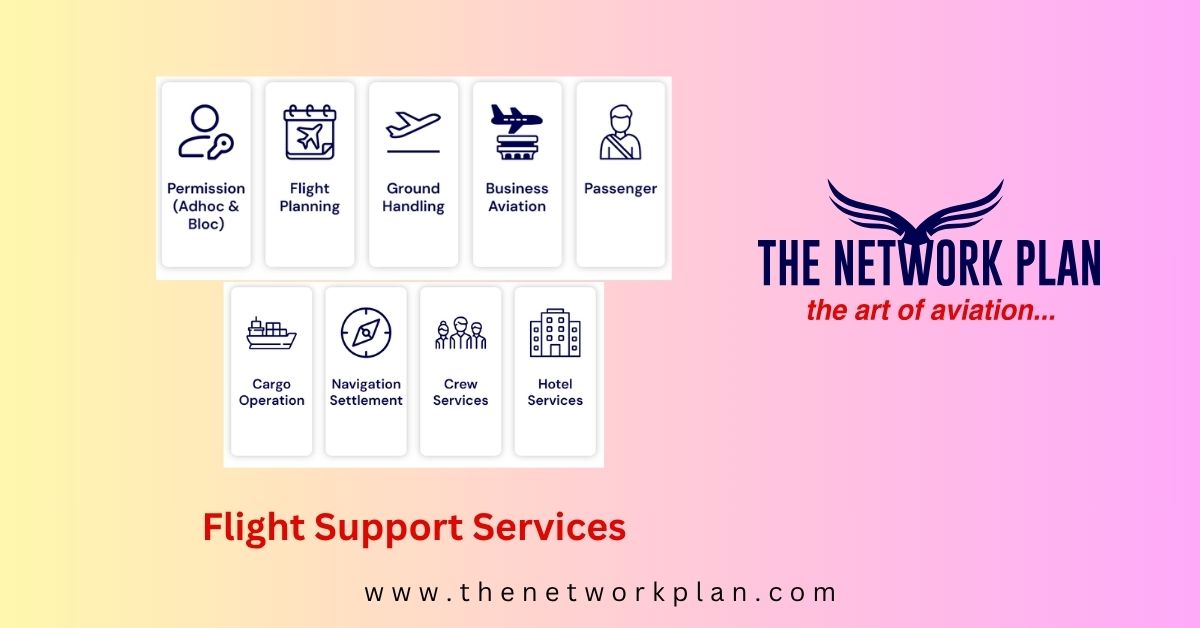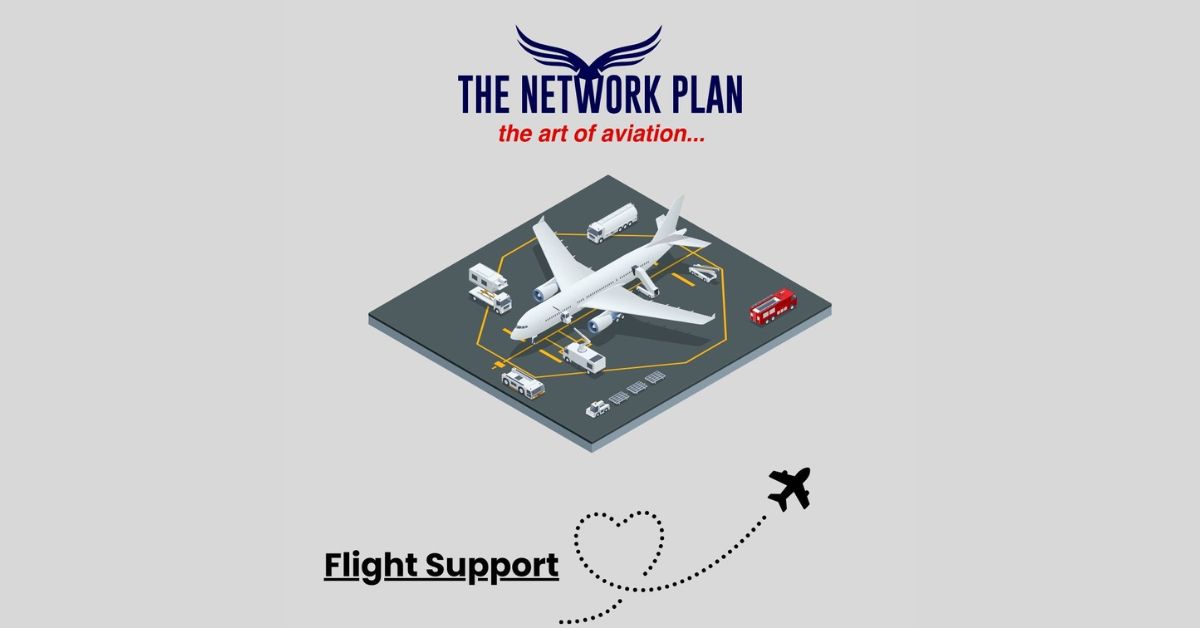Delivering an aircraft internationally is one of the most exciting — and complex — operations in aviation. It’s a project that requires not only technical flying skills but also a deep understanding of regulatory processes, strategic planning, and coordination with a network of global partners.
At The Network Plan, we specialize in making international aircraft delivery smooth, compliant, and cost-efficient. Here’s a look into why trip planning, paperwork, and smart partnerships are the backbone of every successful flight delivery.
The Paperwork Behind Every Delivery
Flying an aircraft across international borders isn’t just about plotting a course — it’s about legal authorization at every step.
Key paperwork:
De-Registration Documents: If the aircraft is being transferred from one country’s registry to another, formal de-registration with the previous Civil Aviation Authority (CAA) is mandatory. Without it, re-registration in the new country can stall for weeks or months.
Export Certificates of Airworthiness: Many countries require this document to confirm that the aircraft meets airworthiness standards at the point of export.
Flight Authorizations: Special permits may be needed to ferry an aircraft that isn’t yet registered locally or doesn’t yet carry standard airworthiness certificates.
Overflight and Landing Permits: Each country en-route typically requires advance permission, with different lead times and paperwork demands.
Without precise handling of these administrative requirements, costly delays are almost inevitable.
Another critical component of flight delivery planning is selecting strategic technical stops for refuelling, rest, and inspections.
Factors influencing tech stop decisions include:
Runway Length and Fuel Availability: The airport must accommodate the aircraft type and ensure fuel quality standards. along with airport operational hours
Permit and Visa Requirements: Some countries have easier clearance processes than others, minimizing layover times.
Airport fees, ground handling charges, and fuel prices vary dramatically.
Support Infrastructure: Availability of maintenance support, weather services, and crew facilities can make or break a mission.
At The Network Plan, we leverage a wide network of ground handlers and FBOs to ensure that every tech stop maximizes operational efficiency while keeping costs under control.
In a world where delays, regulatory missteps, or unplanned costs can derail an aircraft delivery, The Network Plan offers a complete solution:
We manage every detail of your delivery — from paperwork to permits, fuel arrangements to ground support.
Our international team operates 24/7 with offices in Miami, Dubai, and Tunisia.
Whether you’re ferrying a brand-new business jet, repositioning a cargo aircraft, or transferring ownership of a commercial fleet, The Network Plan ensures you have the support to succeed — every mile of the way.





